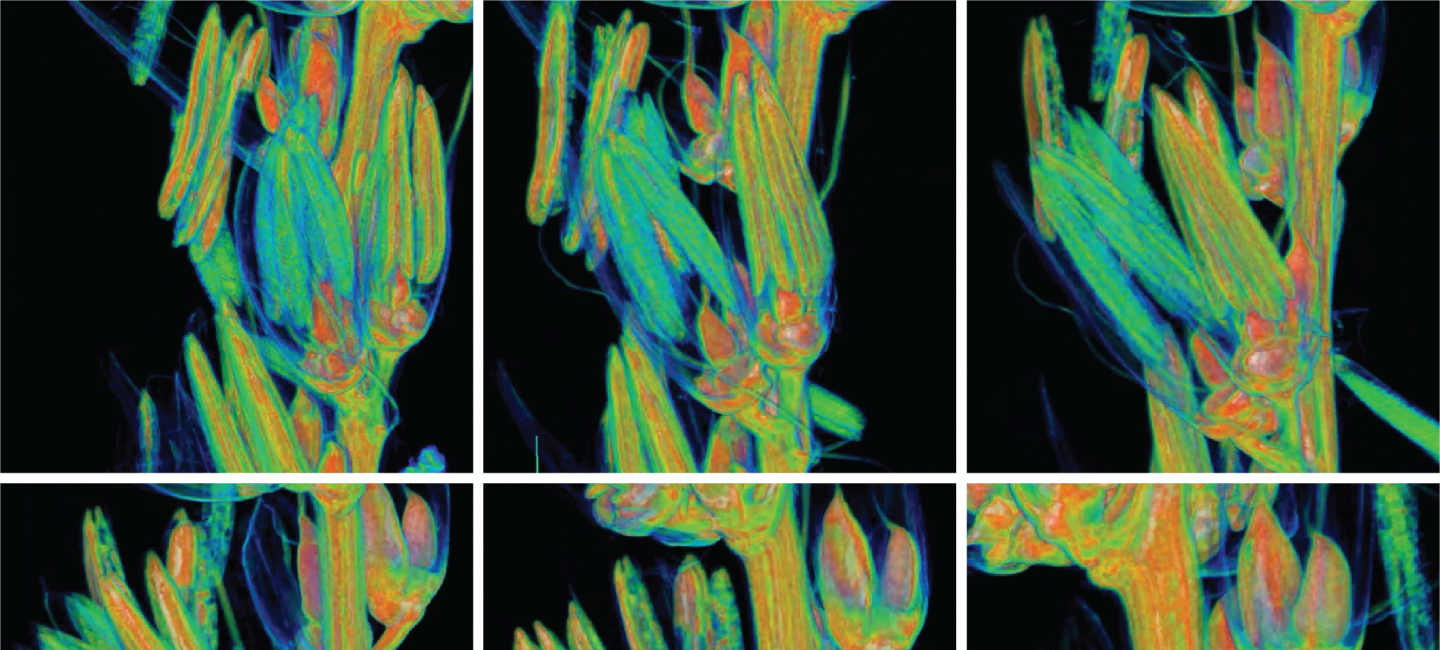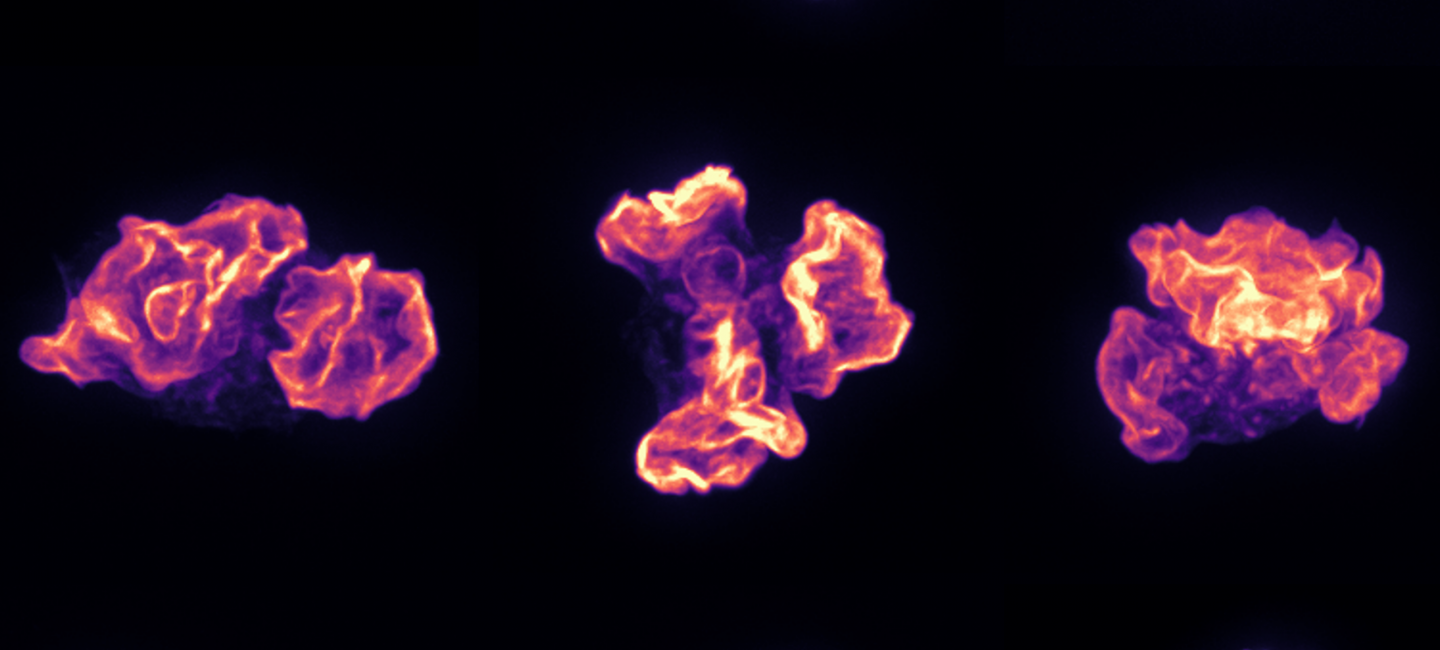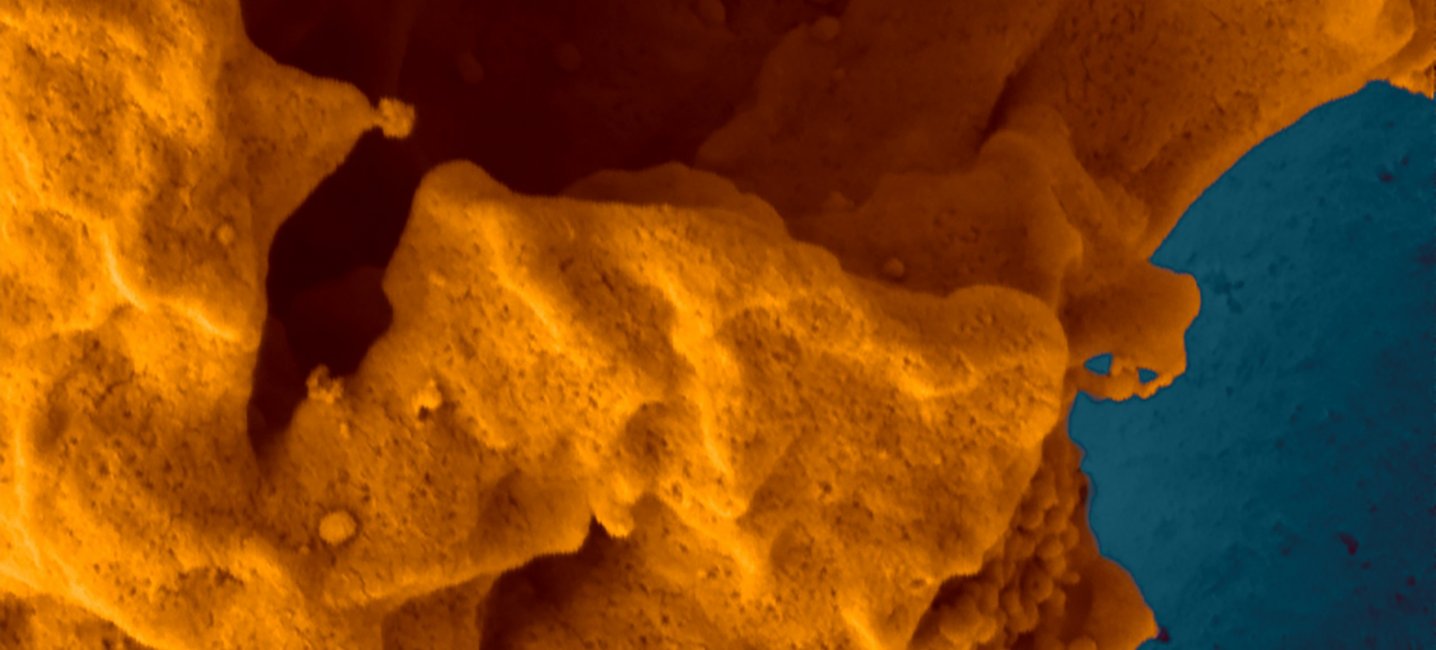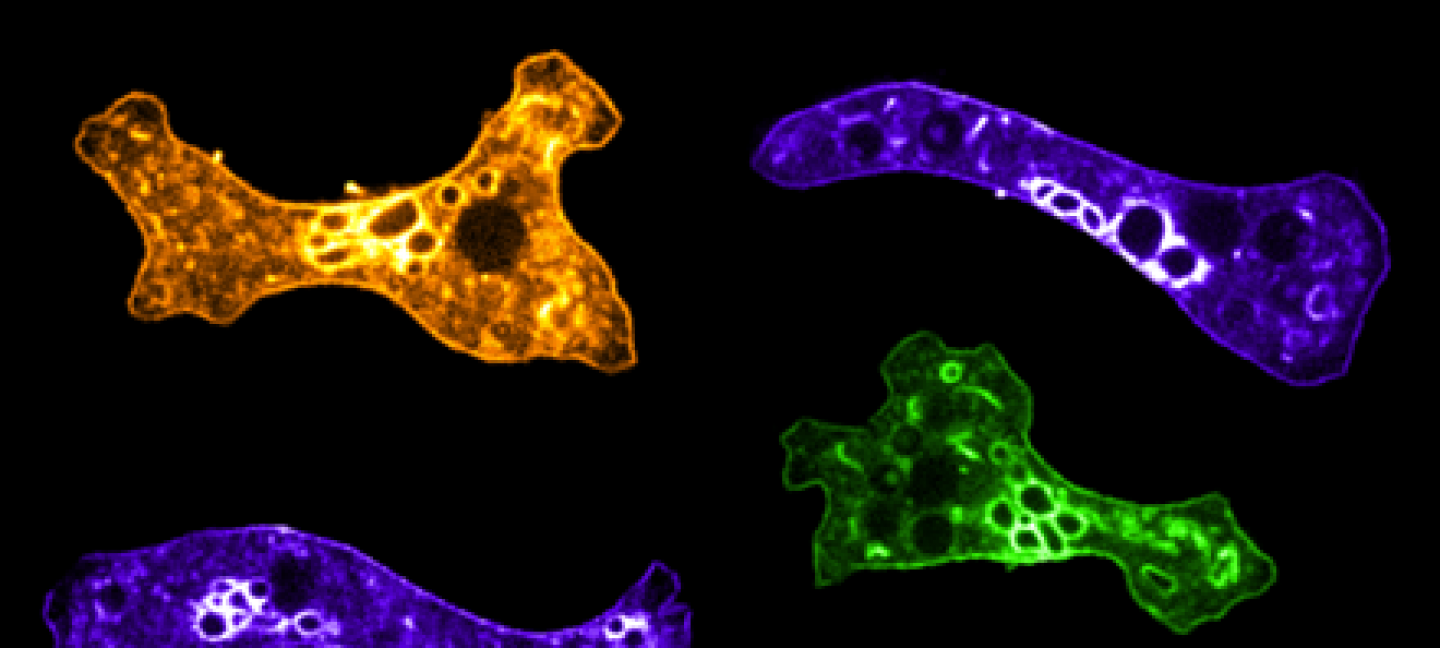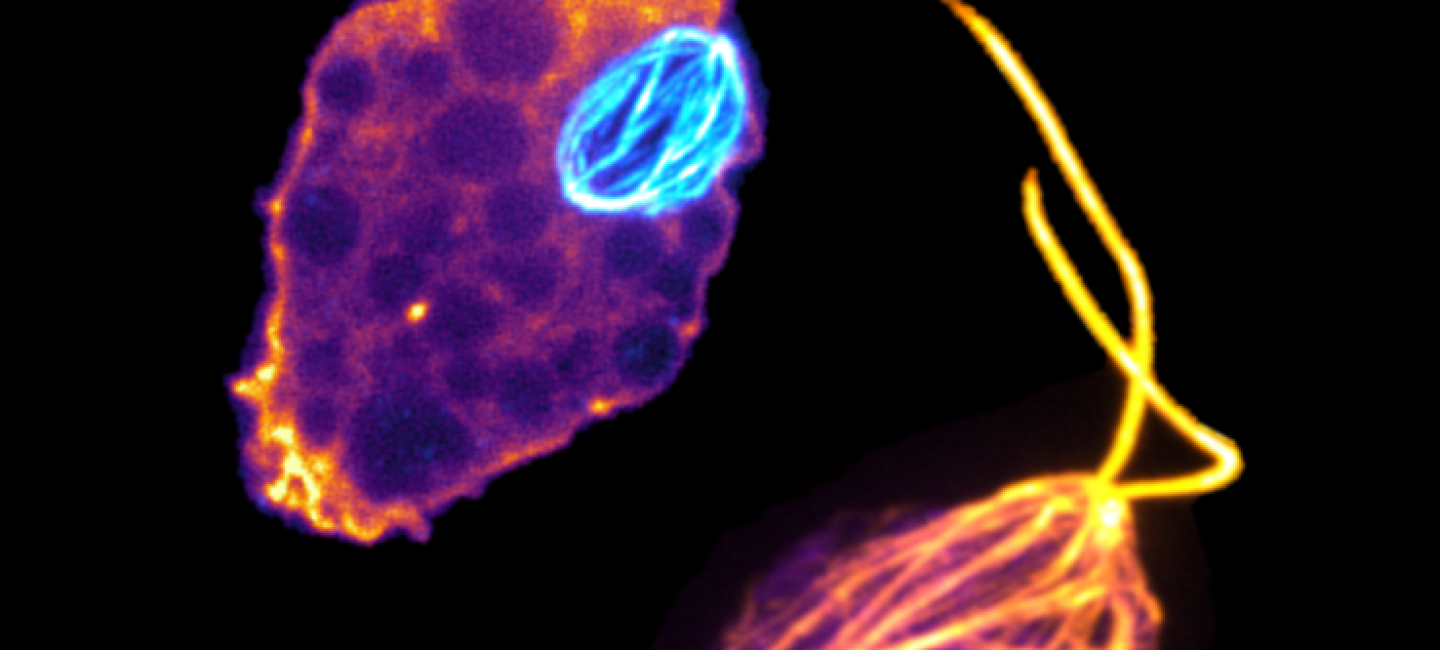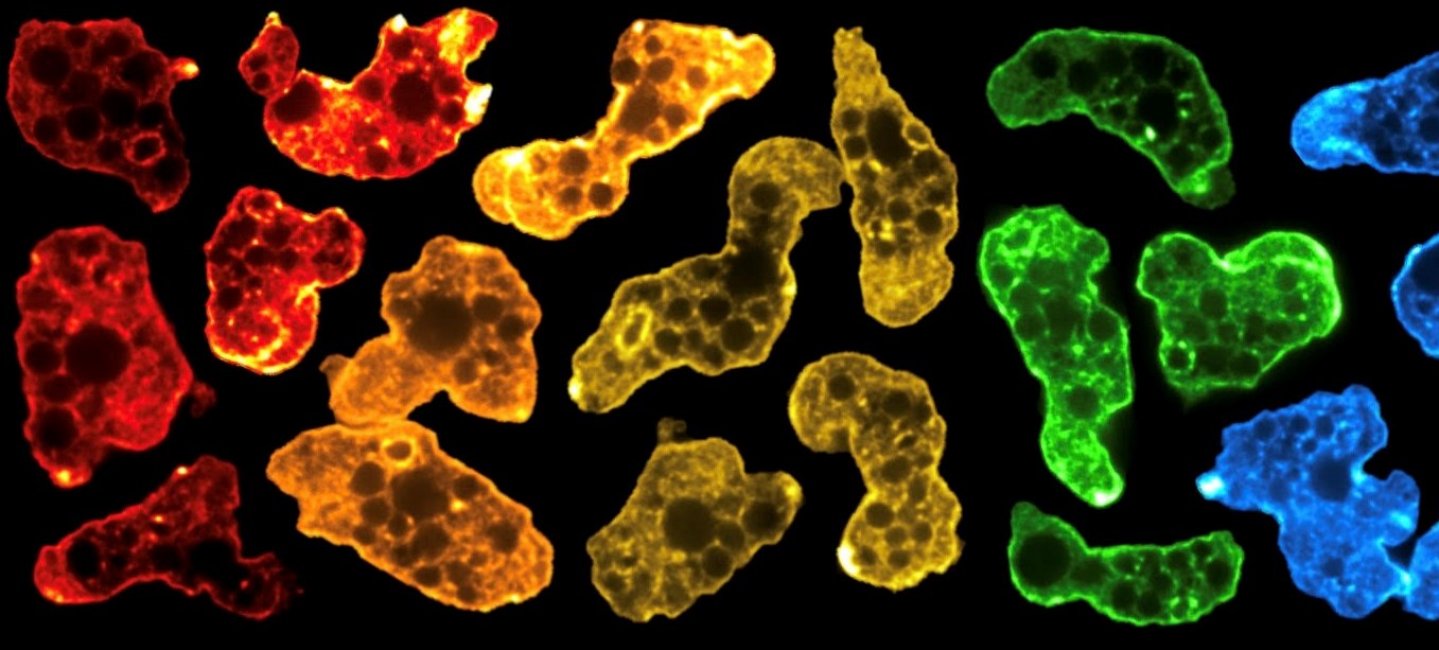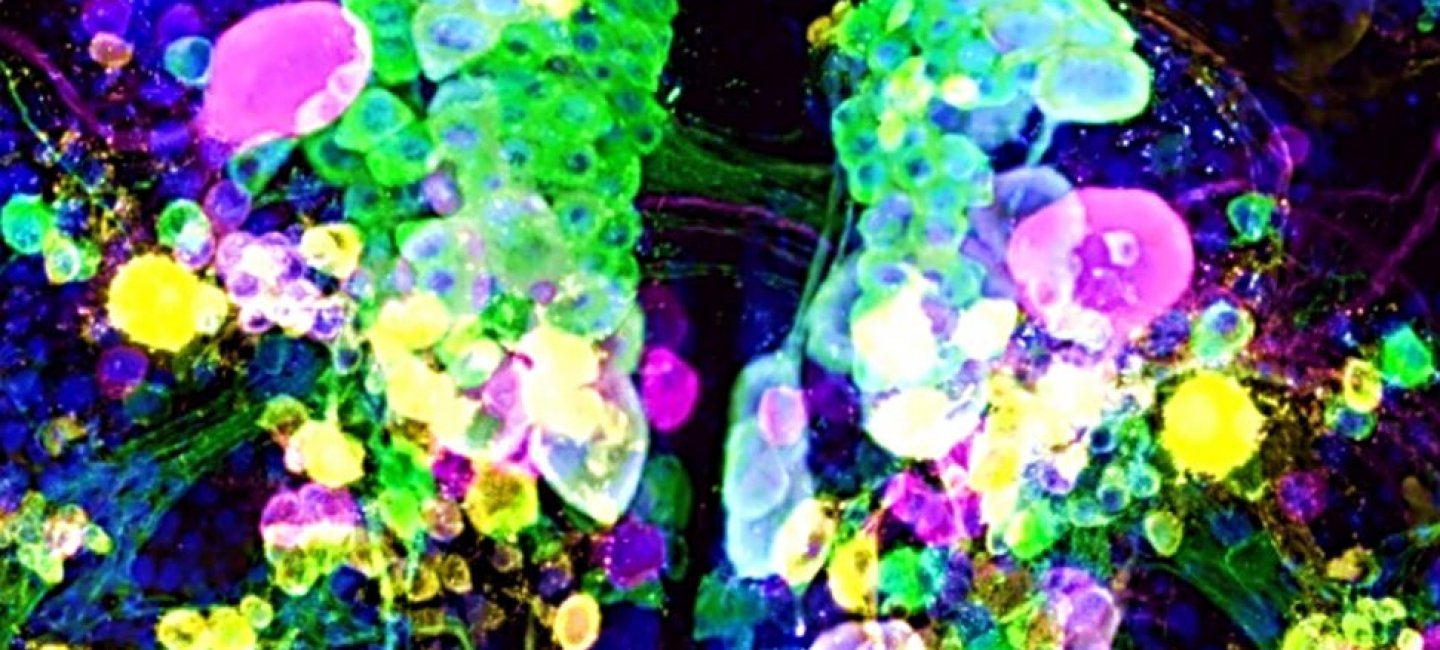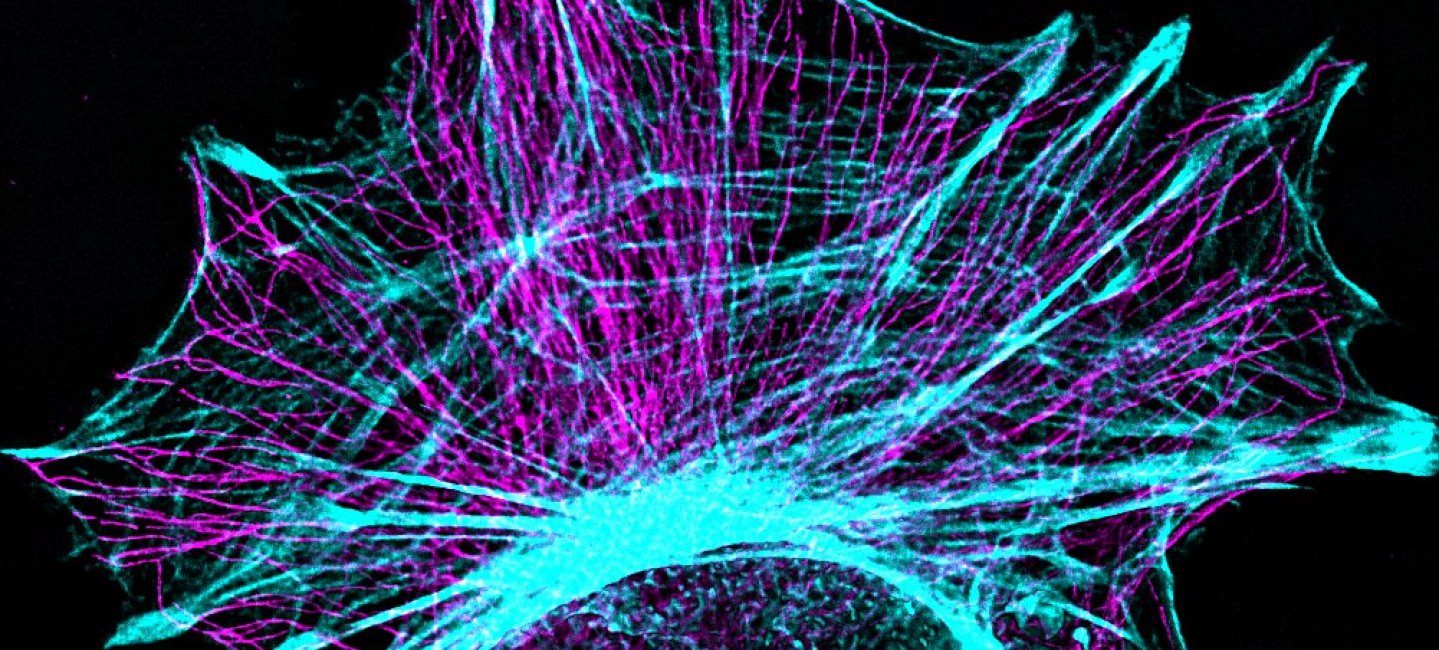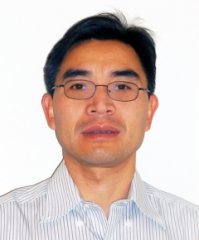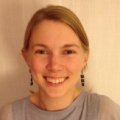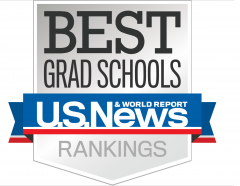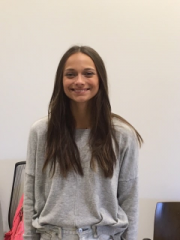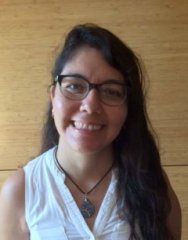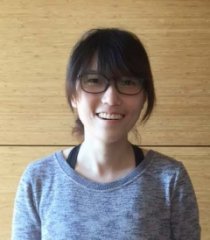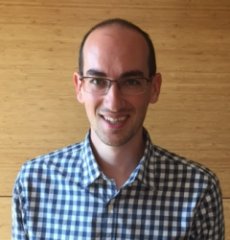News & Announcements
Liu Named Chair-elect of the American Society for Nutrition Diet and Cancer Section
Liu Named Chair-elect of the American Society for Nutrition Diet and Cancer Section
Associate Professor of Nutrition Zhenhua Liu has been elected to serve as chair-elect of the diet and cancer research interest section (RIS) of the American Society for Nutrition (ASN). He will serve in this role through the end of June before taking over the position of chair for a one-year term from July 2022 to June 2023.
Members of the ASN Diet and Cancer RIS focus on the impact of nutritional status and dietary factors in cancer development; the role of diet in modulating cellular, biochemical and molecular events associated with carcinogenesis at numerous sites in animal and human models; and the relevance and application of research in the field of cancer chemoprevention.
“It is my great honor to serve for the ASN Diet and Cancer RIS, which is dedicated to bringing together the world’s top researchers, clinical nutritionists, and industry partners to advance our knowledge and application of nutrition for cancer prevention and thereby to reduce the burden of cancer in our society,” says Liu. Read more
$2 Million NIH MIRA Grant Will Support Trailblazing Research in UMass Amherst Lab
$2 Million NIH MIRA Grant Will Support Trailblazing Research in UMass Amherst Lab
Jianhan Chen, a University of Massachusetts Amherst chemistry and biochemistry and molecular biology professor, has received a five-year, $2 million National Institutes of Health (NIH) grant to support research in his computational biophysics lab aimed at better understanding the role of intrinsically disordered proteins (IDPs) in biology and human disease.
The grant falls under the National Institute of General Medical Sciences MIRA program, which stands for Maximizing Investigators’ Research Award. It’s designed to give highly talented researchers more flexibility and stability to achieve important scientific advances in their labs.
“The MIRA award enables us to continue working on several central problems regarding the study of disordered proteins and dynamic interactions. The flexibility of this funding mechanism also allows us to follow new research directions as they emerge,” Chen says. Read more
UMass Amherst Faculty Members Receive Acorn Innovation Grants
UMass Amherst Faculty Members Receive Acorn Innovation Grants
Sloan Siegrist was one of three faculty who received Acorn Innovation grants of $16,250 each to help them test the viability of their innovations and potentially bring them closer to market.
The Acorn Awards are funded by the Commonwealth of Massachusetts and overseen by MassVentures, the state’s strategic venture capital arm.
Sloan Siegrist, associate professor the department of microbiolgy, received the grant for her platform technology that uses universal cell surface labelling to rapidly detect bacterial growth and antibiotic susceptibility. Read more
MCB and Graduate Biological Science Programs at UMass Receive High Rankings
MCB and Graduate Biological Science Programs at UMass Receive High Rankings
According to the most recent US News & World Report, MCB and Graduate Biological Science Programs at UMass Amherst are ranked #2 among public universities in New England. In addition, the UMass Graduate Biological Science Programs are ranked #26 in public schools, and #54 overall based on a survey of academics at peer institutions. Read more
Food Scientists Rank High in Updated Global Database
Food Scientists Rank High in Updated Global Database
Six of the 12 UMass Amherst food science faculty members are ranked within the top 1.3% of their field in a publicly available, standardized global database, recently updated through 2020, which ranks scientists according to their citations and h-index. Hosted by Elsevier BV and developed by scientists at Elsevier, Scitech Strategies and Stanford using Digital Commons Data, the index measures the impact of a researcher’s scholarship production and performance.
The list includes the top 100,000 researchers in the world, representing the top 2% of all researchers. The six UMass food scientists included are: David Julian McClements, Eric Decker, Yeonhwa Park, and MCB faculty Lili He, Hang Xiao, and David Sela. Hang Xiao and three additional current faculty are also included in the career list, which covers citations throughout history. Read more
Madeline Tompach receives award for best grad student oral presentation at the Northeast Society of Toxicology meeting
Madeline Tompach receives award for best grad student oral presentation at the Northeast Society of Toxicology meeting
MCB student Madeline Tompach won the Graduate Student Oral Presentation Award at the Northeast Chapter of the Society of Toxicology 2021 Fall Virtual Meeting for her talk entitled, "EXAMINING PFOS-INDUCED DYSLIPIDEMIA AND USE OF α-LIPOIC ACID (ALA) AS A POTENTIAL MITIGATION STRATEGY IN ZEBRAFISH (DANIO RERIO)."
Abstract excerpt: Perfluorooctanesulfonic acid (PFOS) is an environmental toxicant found ubiquitously in the aquatic environment and drinking water supply. PFOS exposure has been associated with dyslipidemia in human and animal studies, including zebrafish (Danio rerio) where previous work demonstrates that preconception and developmental PFOS exposure alters uptake of the lipid-rich yolk sac (YS) over the first five days of development. This study investigates how PFOS affects YS uptake of palmitate, the most abundant fatty acid in humans and zebrafish, in the developing embryo and explores the use of a dietary supplement, α-lipoic acid (ALA), in preconception exposures to combat PFOS-induced dyslipidemia seen in the offspring.
Congratulations, Madeline! Read more
MCB Alumna Ana Torres-Ocampo Featured in UMass Magazine
MCB Alumna Ana Torres-Ocampo Featured in UMass Magazine
In a recent UMass Magazine article, "The One Constant: Change," MCB Alumna (PhD '21) Ana Torres-Ocampo describes what initially drew her to research and explains how she feels about it now. She became interested in research and began volunteering when a friend mentioned lab. Ana completed her PhD in 2021, and her enthusiasm for research has not changed. “I get giddy like a little kid. It’s amazing to me that I get to do this.” Read more
Jessica McGory, Kevin Guay and Jun-Goo Kwak win proposal competition
Jessica McGory, Kevin Guay and Jun-Goo Kwak win proposal competition
Congratulations to Jun-Goo Kwak, Jessica McGory and Kevin Guay on receiving the internal awards for the MCB proposal competition! MCB students write an NSF-style fellowship proposal as they enter their second year as part of our program curriculum. The proposals are reviewed internally, and prizes are awarded based on the strongest applications. The prizes for the 2020 submissions went to:
Kevin Guay, "Investigating the Mechanism of Lysosomal Sequestration by Toxoplasma Gondii During Chronic Toxoplasmosis"
Jun-Goo Kwak, "Decoupling the Roles of Matrix Proteins and Niche Cells on the Regulation of Bone Marrow Hematopoiesis"
Jessica McGory, "Elucidating the Role of Aurora B in the Mitotic DNA Damage Response Pathway and its Involvement in Tumorigenesis"
Congratulations to the award winners!
Ning-Hsuan Tseng PhD Dissertation Defense
Ning-Hsuan Tseng PhD Dissertation Defense
Thursday, December 16, 2021
10:00 AM
ILC N101/Zoom: Please contact mcb@mcb.umass.edu to be included on the email list for this announcement
Dissertation Title: Extracellular matrix stiffness as a cue to shape phenotypic evolution of triple negative breast cancer
Advisor: Shelly Peyton
Kirk MacKinnon PhD Dissertation Defense
Kirk MacKinnon PhD Dissertation Defense
Thursday, December 16, 2021
11:00 AM
Zoom: Please contact mcb@mcb.umass.edu to be included on the email list for this announcement
Dissertation Title: Genetic and environmental regulation of plant growth
Advisor: Sam Hazen
